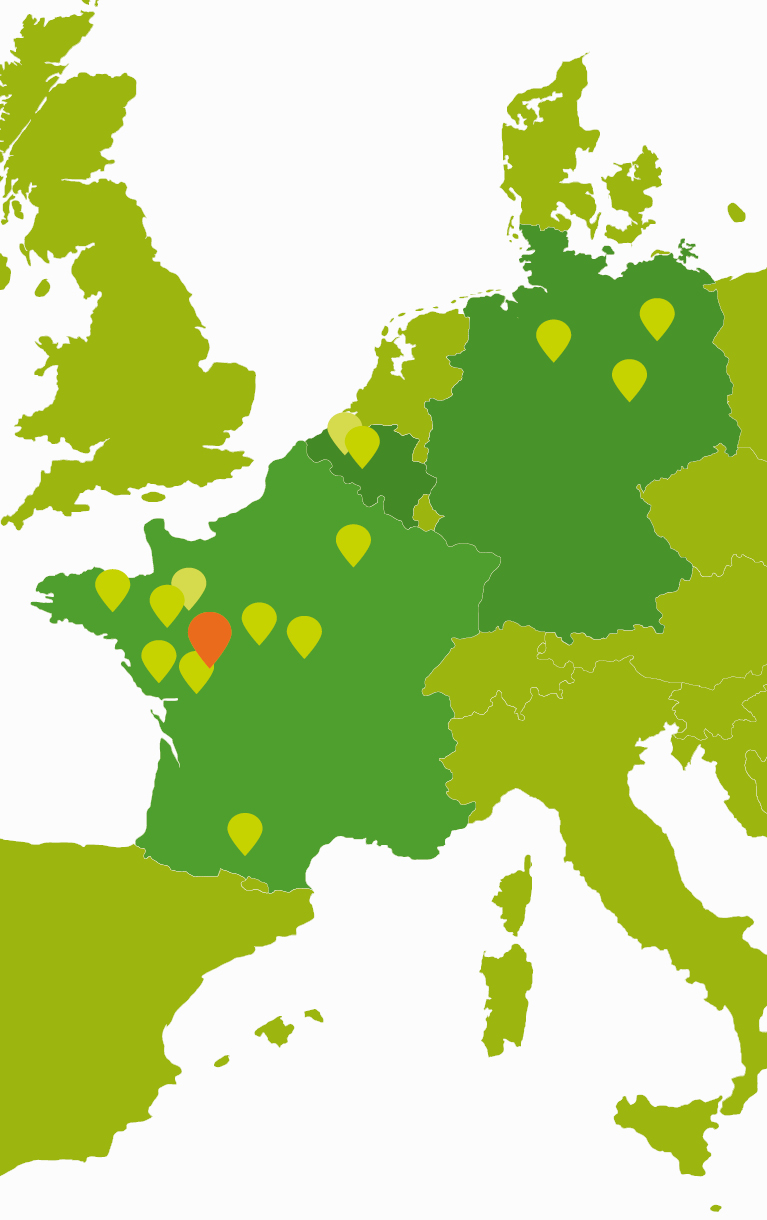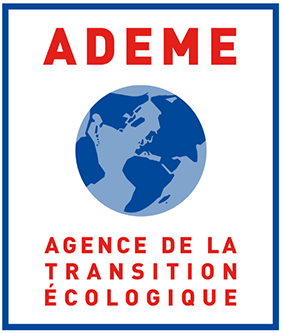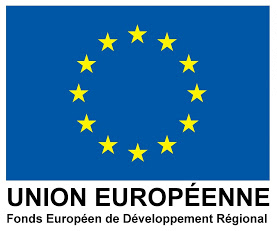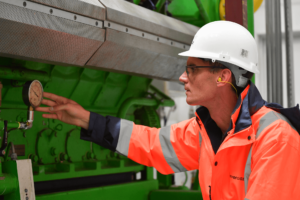Tiper Méthanisation

Commissioned on 25 October 2013, the Tiper Méthanisation biogas facility is located in Louzy, Deux-Sèvres department.
Project description
The biogas facility recovers organic materials produced by farms (cereal growers, breeders) and food processing industries within a 30 km radius. Green electricity and heat (hot water and steam) are produced from these agricultural and agri-food by-products. Electricity is sold to the local electricity board (Séolis) and steam is used locally by the Bellanné Company, supplier of products for animal nutrition, vine and crop productions.
In 2005, the Tiper facility project was initiated by the community of municipalities and coordinated by the chamber of agriculture. 60 farmers got together in 2006 to attend the presentation of the project. The ABBT (Association Biomasse du Bassin Thouarsais) was founded in 2007. Made up of animal and grain farmers as well as agri-food manufacturers, its purpose is to federate and contribute to the unit’s development. The ABBT helps shareholder farmers expand their application surfaces, make the most of the agronomic quality of digestate, reduce chemical fertilisation on their land and bring down their land application costs. Evergaz bought the shares held by the Méthaneo Company in 2018 and took a stake in Tiper Méthanisation alongside the ABBT and Séolis Prod.
Key data
-
Slurry, manure, crop by-products, waste from agri-food industries
-
Treatment capacity :
75,000 tonnes/year -
Biogas recovery by cogeneration :
2.1 MWel -
Avoids the emission of :
7000 tonnes of CO2 per year, i.e. the equivalent of 4487 cars -
Equivalent number of homes supplied with electricity :
4,000 homes -
Investment :
€16 million -
Land application plan :
8,500 ha, 60 municipalities and 50 farms -
Evergaz takeover date :
10 December 2018 -
Commissioning date :
25 September 2013
Benefits
- Reduction in greenhouse gas emissions
- Industrial waste treatment in a local loop
- Production of green energy
- Reduction in the territory’s energy dependency
- Creation of local jobs unlikely to be relocated
- Reduced energy bill for industrial companies via thermal recovery
- Farms’ access to economical natural fertiliser
Project partners









